In terms of nutritional value, bananas are rich in potassium, riboflavin, niacin and fiber, making them a nutritious snack. While baking a banana by itself will change the texture and temperature of the banana, the nutritional facts stay relative to the ripeness of the banana.
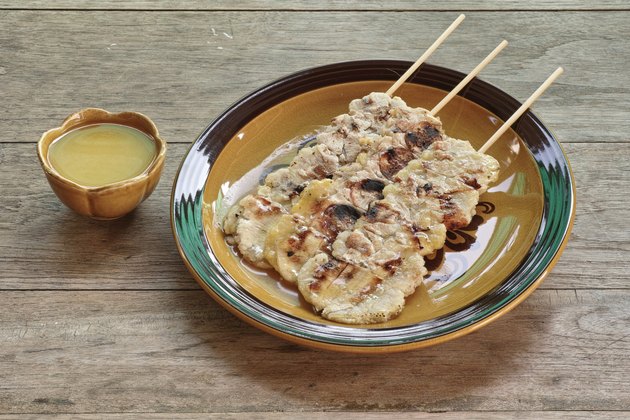
Advertisements
Banana Nutrition Facts
A single serving of a ripe banana, approximately 7 1/4 inches long, contains 110 calories and .47 grams of total fat. With respect to potassium, a banana has 463 milligrams per serving. Each serving of banana has approximately 1.56 grams of protein, as well as 14 percent of your daily recommended carbohydrates. In addition, bananas are composed of 2 percent of your daily recommended intake of Vitamin A, as well as 15 percent of Vitamin C.
Advertisements
Ripeness Variations
While your typical ripe banana will not change in nutritional value during the baking process, the ripeness of the banana itself will have a direct effect on moisture levels and the overall nutritional value of the fruit itself. According to the African Journal of Biotechnology, as a banana ripens, its magnesium levels decrease. In addition, moisture content increases in bananas until they become overripe, resulting in a dried, discolored banana. While baking bananas, the temperature of the oven will cause the bananas to prematurely ripen. This premature ripening results in changes to the magnesium content and moisture found in the bananas.
Banana Baking
While it is possible for you to bake bananas without additional ingredients, it is more common to incorporate bananas into other, more ambitious baked goods, such as breads, cakes and cookies. The nutritional value of a banana in this context may change in that the banana is usually mashed with flour, sugar, baking soda, butter and a variety of other ingredients. After the ingredients are baked together, the nutritional value of the banana itself would only have changed if the banana has absorbed some of the sugars and ingredients during the baking process.
Caution
While baking bananas is a healthy and flavorful way to enjoy them, it is important that you use proper caution when consuming bananas of varying degrees of ripeness. Bananas that are green and unripe inhibit the enzyme amylase, resulting in the consumption of proteins that limit the digestion of complex carbohydrates. In addition, overripe bananas run the risk of developing mold or other types of bacteria on them. If you notice any discoloration on the banana or skin of the banana, that is not a natural darkening, do not consume it. Natural darkening will turn the peel of the banana black or brown, while mold or bacteria will appear white or green.
REFERENCES & RESOURCES Chiquita Bananas: Banana Nutrition Facts Disabled World: Eat Bananas for Healthy Fiber Natural News: Banana Nutrition Facts: Nine Things you Probably Never Knew About this Nutritious Tropical Food African Journals Online: Compositional Changes in Banana (Musa ssp.) Fruits During Ripening
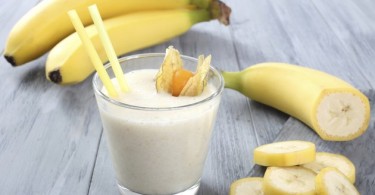
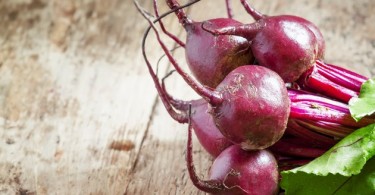
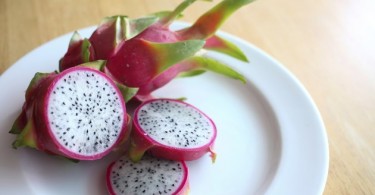
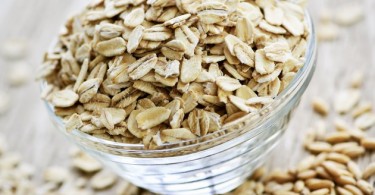
Comments